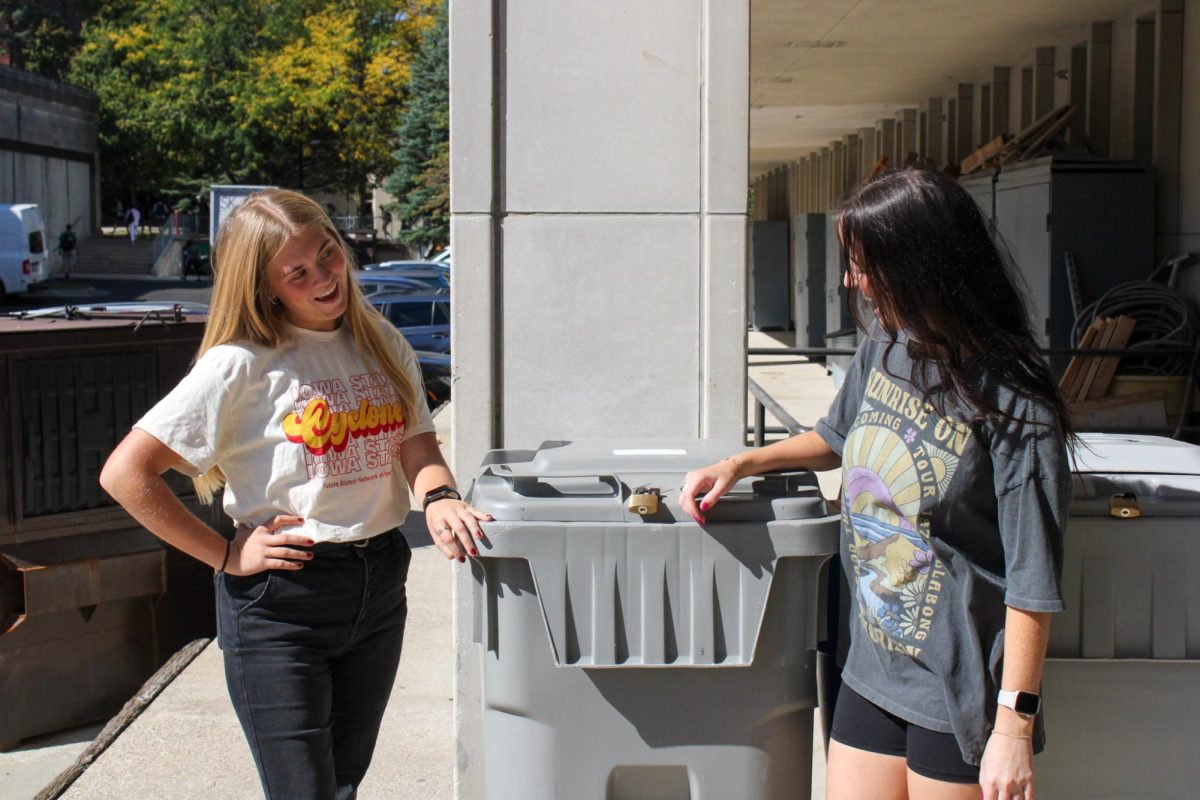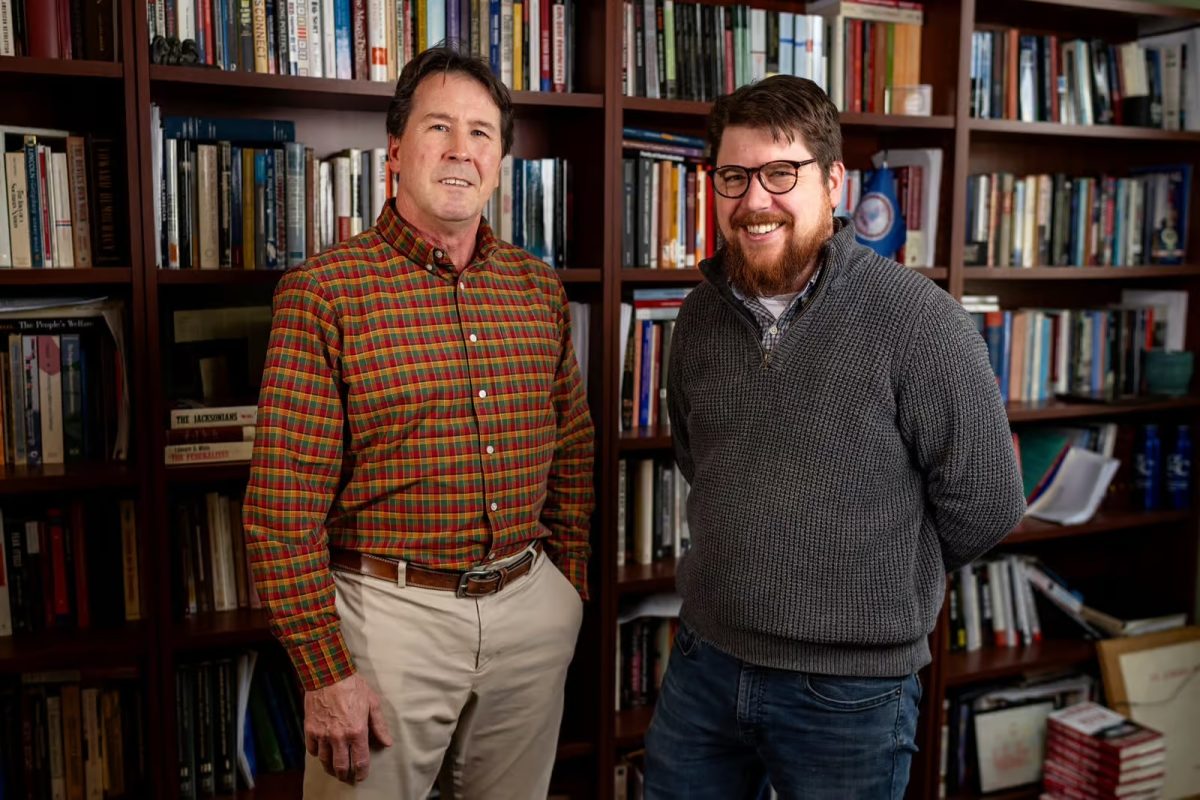‘Teach-In Two’ deemed a success
February 26, 1998
The September 29th Movement took a step forward with its goal of educating Iowa State students about issues of diversity and multiculturalism Wednesday.
The daylong teach-in, held at the Great Hall of the Memorial Union, followed the first successful teach-in, which took place last year.
Titled “Teach-In Two: Diversity, Democracy, ISU and Beyond,” the teach-in featured 10 sessions which began at 8 a.m. and ran until 6 p.m.
Jessica Hirsch, member of The Movement’s central committee, estimated that about 30 people attended each presentation.
Milton McGriff, spokesman for The Movement and graduate student in English, said this year’s teach-in was a success.
“We did it last year, and it was a real success,” he said. “We’re hoping it will become an institution every year at this time.”
McGriff said the teach-in sessions are a good opportunity to discuss issues that are usually overlooked in classes.
The Movement urged several professors to send their students to the teach-in instead of attending regular classes on Wednesday.
The English department, first-year composition classes in particular, and the design department encouraged students to attend.
Marty Graham, director of freshman English, sent memos out to the freshman composition instructors encouraging them to allow their students to attend.
English professor Sue Tatro took her class to The Movement’s noon rally on Tuesday, which was held on the steps of Beardshear Hall. She evoked a class discussion about the event afterward, asking students what they got out of the rally and The Movement’s fliers.
Tatro said her class attended the rally because many of her students had previously inquired about The Movement.
During the class discussion, Tatro addressed all issues of the Catt Hall debate.
Most of the speakers at the teach-in were professors, with the exception of McGriff.
“I’m hoping more and more students will see that multiculturalism and diversity are issues for white students, too,” McGriff said. “There’s a danger to say it just has to do with black people.”
Karen Donaldson, professor of education and a speaker, discussed multicultural education, which is her area of expertise. She also spoke about accompanying 10 students on a study abroad program in South Africa.
Donaldson opened her speech by greeting the audience in many different languages, illustrating the macro-cultures of the United States.
“We do live in a multicultural nation, as well as a multicultural world,” she said.
Donaldson gave a brief history of her life growing up, noting that her parents led her down the road of activism against racism.
“I’m here because it’s very important to get some things you might not ordinarily get in the classroom,” she said.
Donaldson added that racism is not an isolated piece, but that other issues, including sexism and classism, need to be addressed.
Her studies of South Africa began when a few students showed interest in student teaching there. After discovering a study abroad program was not available in South Africa, she decided to start one.
Ten students, five white and five black, both graduate and undergraduate, traveled to South Africa with Donaldson to observe education and society there.
The group found South African society racist, but they thought it was on the road to advancement.
“What they’ve managed to do in three years, we’ve done in 30,” Donaldson said.
The main point of Donaldson’s speech was “all of us have a responsibility in reducing racism.”
“Diversity education is a must for all of us,” she said. “If you’re going to succeed, you have to be multiculturally literate.”
Other speakers included Lesley Lokko on diversity and democracy, Milton McGriff’s “Friendly Facism: The New Face of Power in America” and Theresa McCormick’s “Curriculum Transformation: From Monoculturalism to Multiculturalism.”
In addition, Virginia Allen spoke about fallacies, Pamela Thomas addressed the Harlem Renaissance and Sine Anahita, Jonny Rogers and Kayt Sunwood presented “The Multiplicities of Queer.” Also, Jerry Stubben gave a speech titled “A better understanding of Native American history, government and sovereignty.”






